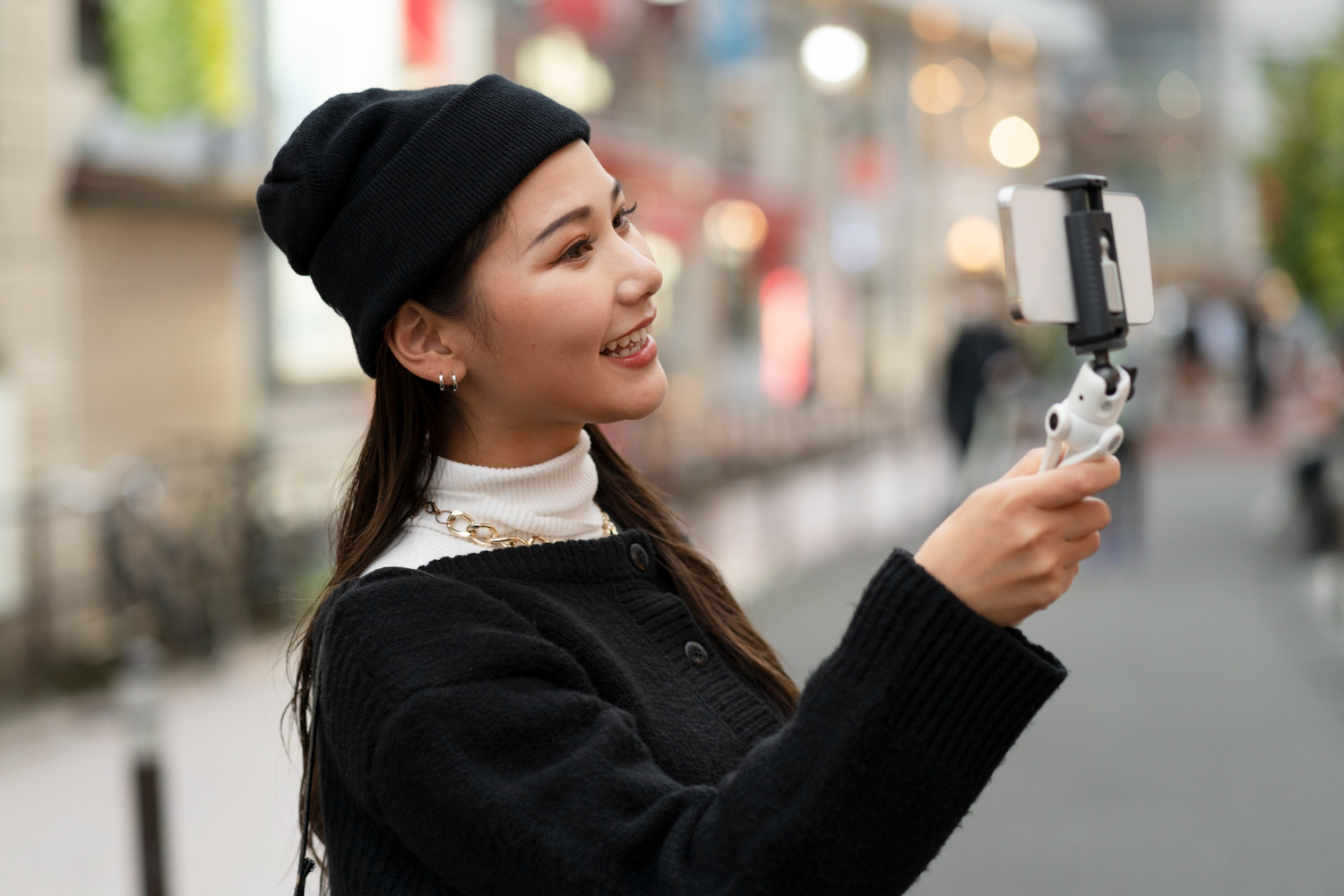
Public relations (PR) has always been about creating strong connections between brands and their audiences. Over the years, PR campaigns have evolved to keep up with changing trends and technology. One of the biggest changes in recent years is the rise of influencer marketing. This new approach has transformed how brands reach people, especially in a digitally connected world like Singapore.
What is Influencer Marketing?
Influencer marketing is when brands work with people who have a strong following on social media to promote their products or services. These influencers can be anyone, from celebrities to everyday individuals who have built a loyal audience online.
There are four main types of influencers:
- Mega influencers: Famous personalities with millions of followers.
- Macro influencers: People with a large following but not as famous as celebrities.
- Micro influencers: Individuals with smaller, highly engaged audiences.
- Nano influencers: Everyday people with a small but loyal group of followers.
Working with influencers helps brands connect with audiences in a more personal and relatable way.

Why Influencer Marketing is Growing in PR Campaigns
The popularity of influencer marketing is growing for several reasons:
- People trust influencers more than traditional ads. Many Singaporeans rely on influencers for honest reviews and recommendations.
- Social media dominates communication. Platforms like Instagram, TikTok, and YouTube are where people spend much of their time.
- Brands can reach specific audiences. Influencers have followers with particular interests, making it easier for brands to target the right people.
For example, a beauty brand may partner with a local skincare influencer to reach people who are interested in skincare.
How Influencers Improve PR Campaigns
Influencers bring many advantages to PR campaigns:
- Authenticity: Influencers share products and services in a way that feels real and personal.
- Engagement: Followers interact with influencers through likes, comments, and shares, boosting campaign visibility.
- Cost-effectiveness: Compared to big advertising campaigns, working with influencers can be more affordable while delivering good results.
A great example in Singapore is food influencers showcasing restaurants, which helps small businesses attract more customers.
Challenges of Influencer Marketing
While influencer marketing has many benefits, it also comes with challenges:
- Brand misalignment: If the influencer’s values don’t match the brand’s, it can harm the brand’s image.
- Transparency issues: Some influencers may have fake followers or fail to disclose paid partnerships, which can hurt trust.
- Short-term focus: One-off campaigns may not build long-term relationships with customers.

Best Practices for Using Influencers in PR Campaigns
To succeed with influencer marketing, brands need to follow some simple tips:
- Choose the right influencer: Look for someone whose values match your brand and who has genuine engagement with followers.
- Set clear goals: Define what you want to achieve, whether it’s more brand awareness, website visits, or sales.
- Focus on authenticity: Build partnerships that feel natural, not forced or overly promotional.
- Track performance: Use tools to measure the success of the campaign, such as reach, engagement, and sales.
For instance, a fashion brand in Singapore might collaborate with a local influencer to promote their latest collection and track the sales generated through a unique promo code.
Future Trends in Influencer Marketing and PR
Influencer marketing is here to stay, and new trends are shaping its future:
- Micro and nano influencers are gaining popularity. Their small but loyal audiences often deliver better engagement.
- Video content is becoming king. Platforms like TikTok and Instagram Reels are driving demand for creative, short videos.
- Transparency is key. Followers expect influencers to be upfront about paid partnerships.
- AI tools are helping brands find the right influencers. Technology makes it easier to identify the best partners for a campaign.
Conclusion
Influencer marketing has become a powerful tool in PR campaigns. By connecting with the right influencers, brands can build stronger relationships with their audience and stay relevant in today’s digital world. For Singaporean businesses, embracing this approach can lead to exciting new opportunities to grow and succeed.
As the world of PR continues to evolve, influencer marketing will remain an important part of reaching and engaging with customers.

